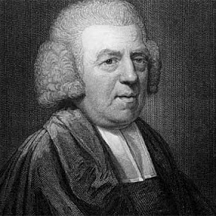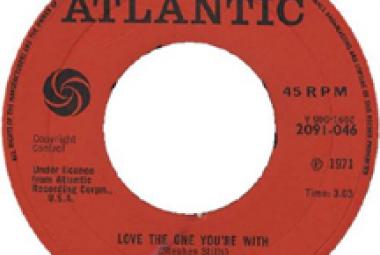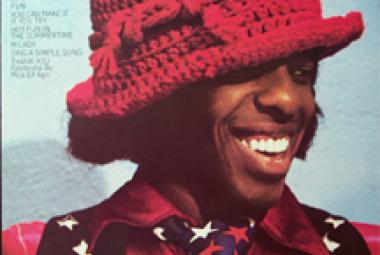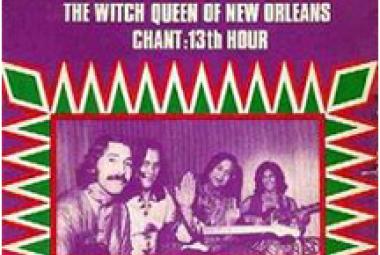John Newton (4 August [O.S. 24 July] 1725 – 21 December 1807) was an Anglican clergyman in England and the founder of the evangelical Clapham Sect. He started as an English sailor, in the Royal Navy for a period, and later a captain of slave ships. He became ordained as an evangelical Anglican cleric, served Olney, Buckinghamshire for two decades, and also wrote hymns, known for “Amazing Grace” and “Glorious Things of Thee Are Spoken”. Newton started his career at sea at a young age, and worked on slave ships in the slave trade for several years. After experiencing a period of Christian conversion, Newton eventually renounced his trade and became a prominent supporter of abolitionism, living to see Britain’s abolition of the African slave trade in 1807. (More from Wikipedia)
The songwriter is a man who truly needed grace to escape from his earlier life in the slave trade. I can hardly improve on the following two paragraphs that open the Wikipedia article on “Amazing Grace”. I remember a PBS special that ran many years ago that told the remarkable story behind this one song.
“‘Amazing Grace’ is a Christian hymn with words written by the English poet and clergyman John Newton (1725–1807), published in 1779. With the message that forgiveness and redemption are possible regardless of sins committed, and that the soul can be delivered from despair through the mercy of God, ‘Amazing Grace’ is one of the most recognizable songs in the English-speaking world.
“Newton wrote the words from personal experience. He grew up without any particular religious conviction, but his life’s path was formed by a variety of twists and coincidences that were often put into motion by his recalcitrant insubordination. He was pressed (i.e., forced into service involuntarily) into the Royal Navy, and after leaving the service, he became involved in the Atlantic slave trade. In 1748, a violent storm battered his vessel so severely that he called out to God for mercy, a moment that marked his spiritual conversion. However, he continued his slave trading career until 1754 or 1755, when he ended his seafaring altogether and began studying Christian theology.”
(November 2014)















